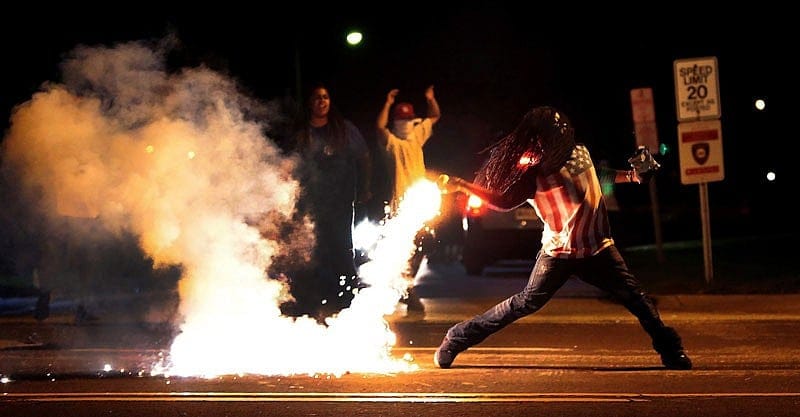Justice and the Demagogues

Not since the turbulent protests of the 1960s has America been confronted with public lawlessness and disorder to the degree it has been seen throughout the last two years. As the new year begins, Americans must reflect upon the nature of our country and the state of its culture. Are we an ordered, just nation, or a civilization in ruin – a people smashed upon the rocks of avarice, flattery, and self-importance?
To reach beyond the hysterical cries of loud-mouthed demagogues crowding the streets and engaging in self-congratulatory rabble-rousing, the restoration of order will require persons of sober character and mature judgment to confront two pivotal questions: (1) what is justice, and (2) can it exist in an age of democratic sentiment?

